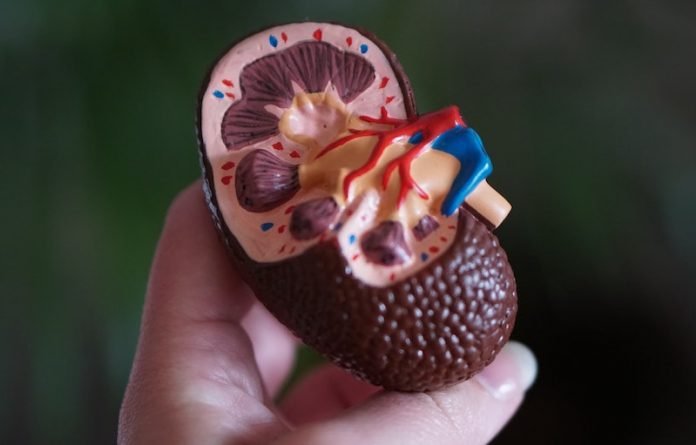
Scientists from Aarhus University found that metabolism may be key to the future treatment of kidney diseases.
They found that the intake of the amino acid lysine, an over-the-counter food supplement, protects laboratory animals from kidney damage.
The study was primarily conducted on rats with high blood pressure—hypertension—and associated kidney disease.
But a small pilot study confirms that the amino acid could have a similar effect in humans, without definite evidence for clinical effects on kidney disease.
The researchers discovered that there is an accelerated transformation of the amino acid lysine in humans and animals with kidney disease.
And the study shows that the intake of lysine protects the kidneys and prevents hypertensive kidney disease rather effectively, at least in animal models.
It is estimated that up to 10% of adults suffers from chronic kidney disease, although often mild and without symptoms.
The most frequent causes of kidney disease and kidney failure are diabetes or high blood pressure, and the consequence is a much higher risk of heart attack or stroke.
The team says that they will not be able to start treating patients in the clinic for at least five years, and he stresses that it is too soon for people with kidney diseases to run out and buy lysine tablets.
They need to conduct more research into animal models because we have not yet clarified the dominant mechanism behind the result.
In the long term, the result will be particularly interesting to health researchers, doctors, nephrologists, physiologists, endocrinologists, and nutritionists.
It would be great if kidney patients could achieve results by changing their diet.
If you care about kidney health, please read studies about how to protect your kidneys from diabetes, and sunlight may increase your risk of kidney damage.
For more information about kidney diseases, please see recent studies about common eating habits that could harm your kidney health, and results showing this common diabetes drug may reduce chronic kidney disease.
The research was published in Nature Communications and conducted by Associate Professor Markus Rinschen et al.
Copyright © 2022 Knowridge Science Report. All rights reserved.



